There's a lot of stuff for Python in music, although most of them don't emphasize DSP. Also, some parts of the language standard lib such as the itertools can be handy.
Implementing algorithms such as the ones declared that aren't part of the packages there (e.g. a limiter, a compressor) might be easier when thinking on Python iterables instead of taking care of segregating the sample-based and block-base approach manually, and that makes it easier to make the algorithm used in real time directly. AudioLazy is a Python DSP package made to have a simple API, maybe it'll help as basic structures such as Z-Transform filters are done directly by their equation, and any Python iterable can be used as audio. Perhaps seeing its code can be helpful, as well. (Disclosure: I'm the author of this package)
About a book, I like the DAFx, which is extremely practical and audio-oriented. You might consider implementing the algorithms on there (the MATLAB code) in Python.
For a more solid knowledge on DSP, you should read the book "Discrete-Time Signal Processing", by Oppenheim and Schafer.
